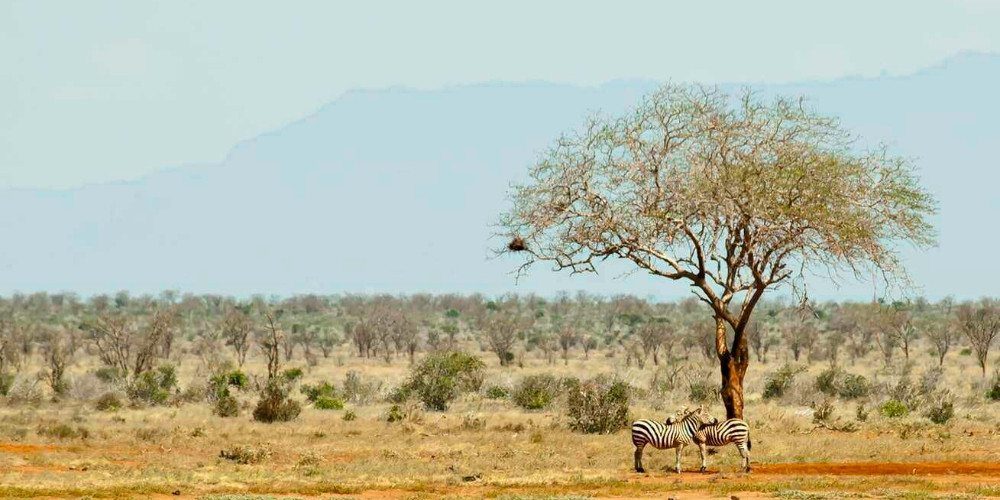
Formerly a French colony and now an independent state, the Islamic Republic of Mauritania. You can call this country a tourist country with a vast stretch. Mostly, the treasures here are the richness of the land with mineral resources, especially iron and ore. Mauritania on the map is located in such a way that when travellers from Europe visit Africa, the path runs through it.
Where is Mauritania?

This state is located in North Africa and borders with the Atlantic Ocean in the west and Western Sahara in the north-west. Not long ago, oil deposits were discovered in the country, so Mauritania is also one of the newest oil producers in Africa. Tourism in Mauritania does not develop and is not particularly encouraged. Perhaps this country could be an excellent resort and historic centre, but many factors are stopping development of tourism.
Travel to Mauritania could leave both pleasant and downright disgusting experiences. What time of year you go there plays a role, because in summer, when the heat is incredibly intense, the whole country is exhausted by thirst and drought. Also, a lot depends on the people who meet you during the trip and, of course, on your mood.
In any case, since you have visited this country, there is a lot to look at. Mauritania can boast sights, imbued with a unique national flavour.
1. A trip to Mauritania requires a visa
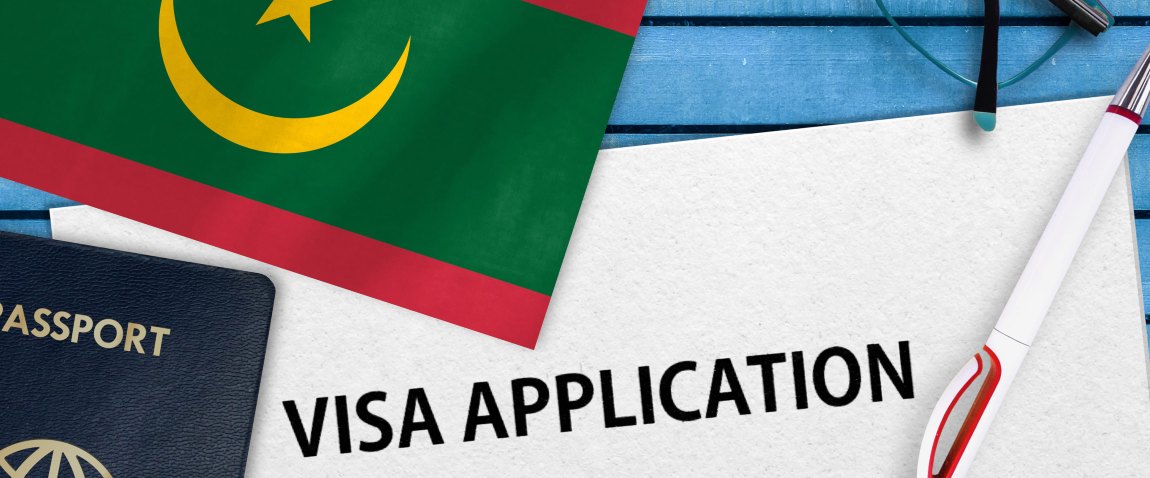
If you first visited Morocco, and now travel to all parts of the African continent, the consulate, where you can make a visa, is located in Rabat. But it would help if you remembered that this institution does not have a copying machine. So, nutritional advice, make more copies of your passport. Also, there is an incredible number of police checkpoints along all the tracks. Almost everyone stops and rewrites your data. It is a mandatory procedure, both for foreigners and locals travelling outside Nouakchott, the capital of Mauritania. Often, to speed up the process, they ask for copies of your passport.
2. Mauritania on the map
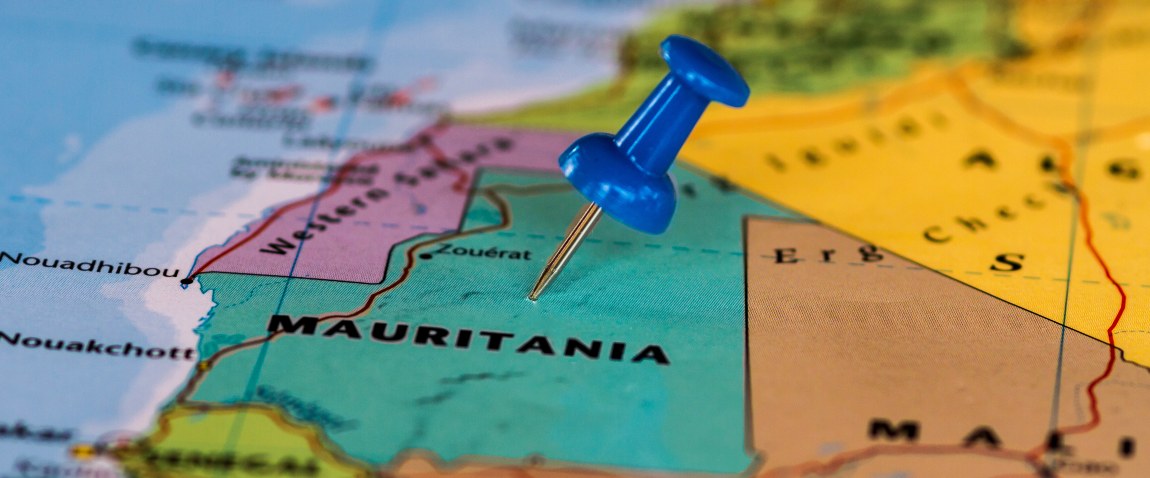
Mauritania on the map of the world is almost a concrete desert. That is why most of the population lives in urban centres, in the South, where there is a possibility of some rainfall. People there are engaged in agriculture and animal husbandry. But even this is not so easy. The percentage of inland waters here is catastrophically small. But it is necessary to quench the thirst of more than 4 million people. And, it should be noted that the country somehow copes with this task.
3. Is it safe to travel to Mauritania?

Separately, we should talk about the safety of being in Mauritania. Because of the constant poverty, lack of material wealth, crime in Mauritania has increased rapidly. The risk of abduction in this country is still relatively high. The capital of Mauritania in this respect is incredibly dangerous. The so-called terrorists are hunting for Western tourists or those who make it clear that they are quite wealthy. So one more advice, do not show your wealth and that you have a decent income. Although, in recent years, there has been an active fight against the terrorist phenomenon and cases of kidnapping have been minimized, it is not worth losing vigilance.
4. Mauritania people
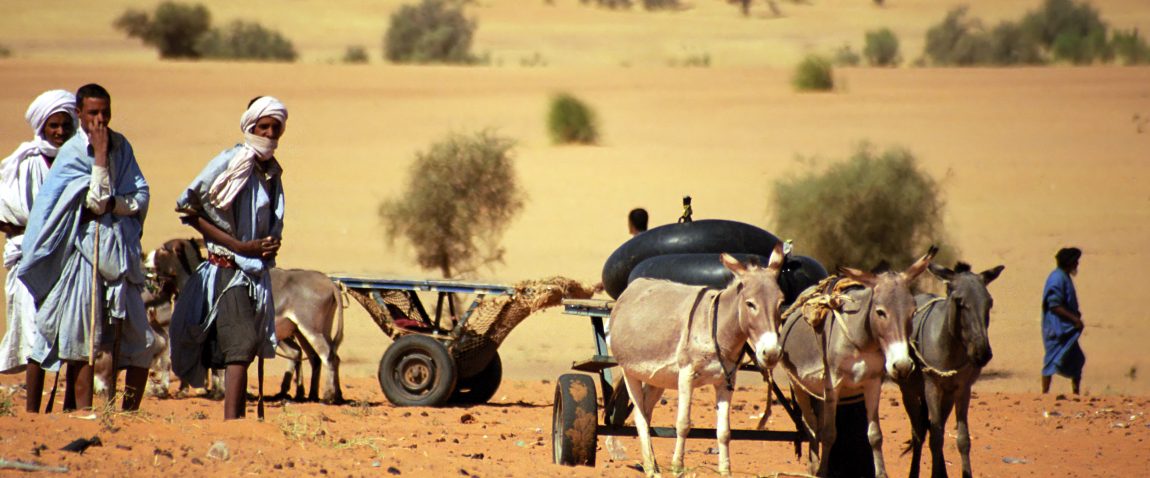
Very hospitable and responsive people. And you will say, how? In the previous paragraph, it was mentioned about terrorists and dangers, and here we have friendly and hospitable people. But the fact is, as mentioned earlier, the number of violent crimes has decreased significantly in recent years. And they are mostly committed in Nouakchott. The capital of Mauritania, as its central city, is a centre for a few tourists, many of whom can be easy prey for local criminals. But, at present, the most massive crime is likely to be a fraud with local currency exchange. And in other words, ordinary residents are quite open and straightforward, moreover, ready to come to the aid even of a stranger. Perhaps tourism in Mauritania, or rather its absence, has benefited this country. People who are not used to the guests, really sincerely rejoice at the arrival of new faces and study them with curiosity.
5. Alcohol
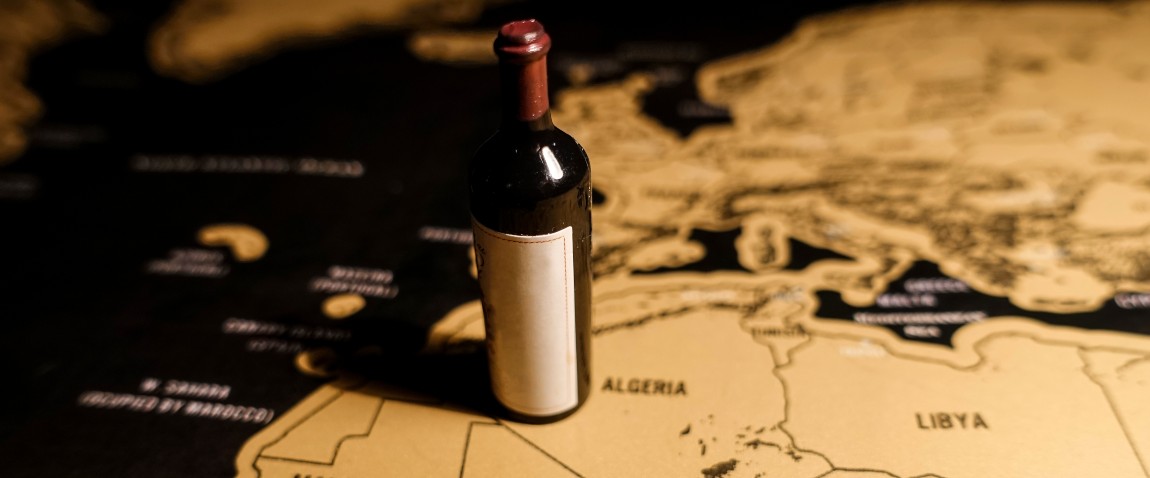
For some travellers, a bottle of alcohol is a constant attribute for long journeys. But Mauritania is a country where the dry law reigns. Alcohol consumption is prohibited by law here. Foreign tourists can still drink a glass of beer in the capital's restaurants, but even here, I'm not sure that this action will be considered legal. Well, there is no need to talk about local tourists. It is also punishable by law to bring into the country and try to treat the citizens of Mauritania with alcohol.
6. Nouakchott
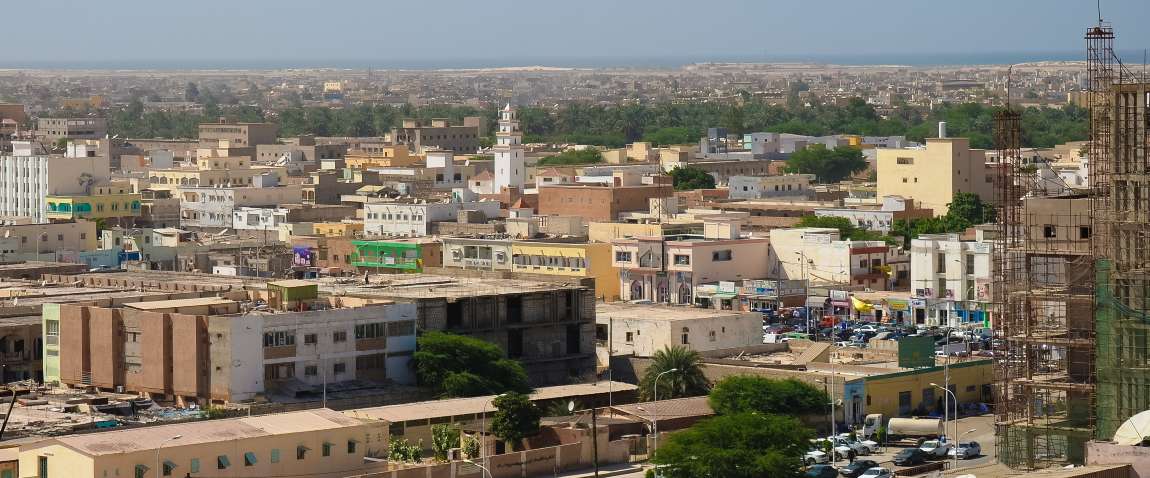
It is time to talk about the central city of the country. The capital of Mauritania is Nouakchott. It is located on a plateau near the West African coast of the Atlantic Ocean. The status of money of the state of Nouakchott acquired in 1960 after Mauritania gained independence. Initially, it was a small village where nomads often stayed. But after the drought, this place began to form an urban settlement. It has a central square, an airport and an industrial zone. The capital also built a port facility for oil and copper exports. Of the attractions or just exciting places, there is the National Museum of Mauritania and several markets. The museum has exhibits that tell about the life of a small West African nation, its traditions and culture. There are also various archaeological finds and ancient artefacts. Since Nouakchott is also the centre of the country's economy, it is home to the largest markets in Mauritania. Almost all imported goods come through the ports of Nouakchott and Nouadhibou. There is even a supermarket, but it is not in great demand. All locals are used to markets and market relations, so they are sceptical of big stores.
7. Animals in Mauritania
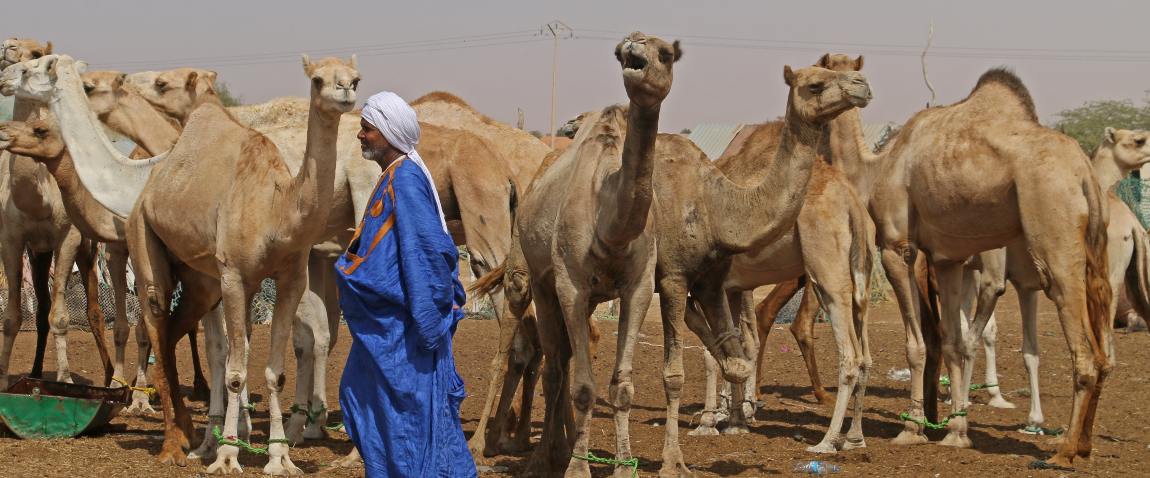
Be prepared to meet a considerable number of goats, chickens, donkeys, camels, in general, different representatives of the household. Occasionally, there are cows. On donkeys, residents carry absolutely everything. In the city, you can often see similarities between parking lots. But not cars are parked, but donkeys and camels harnessed with different things, goods and water. There is a considerable number of goats, which do not always belong to someone. Animals walk around the city entirely independently and correctly interact with each other. It is not uncommon to see funny scenes where a camel sits quietly in the back of a car, or when donkeys drive goats on their carts.
8. Religion in Mauritania
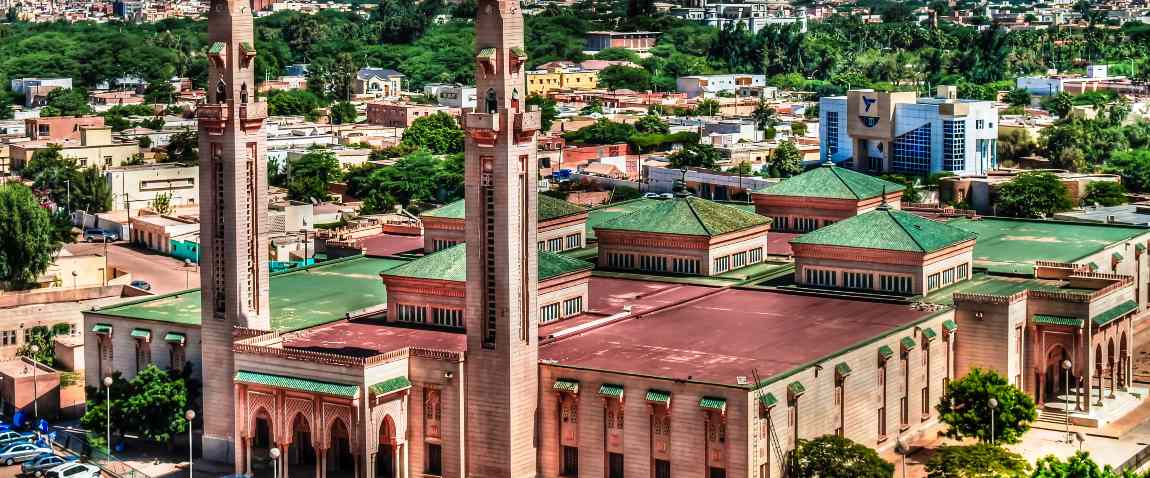
We should remember that Mauritania is a very religious country. Not for nothing, its full name sounds like the Islamic Republic of Mauritania. This trait manifests itself in many areas and situations. There is even a particular set of rules of conduct on the street, separate instructions for women to follow. During namaz in Mauritania, if you ride a bus or minibus, the driver stops the transport and people go out to pray on time. Women always wear long hoodies, with their heads covered. Married couples are not allowed to hold hands in public, and it can be tough to understand that you have a husband and wife in front of you, because in public all expressions of affection for each other are strictly condemned. If you allow yourself to drink or eat in the presence of a Mauritanian who observes a fast during Ramadan, it is considered to be extremely rude.
9. Sights of Mauritania
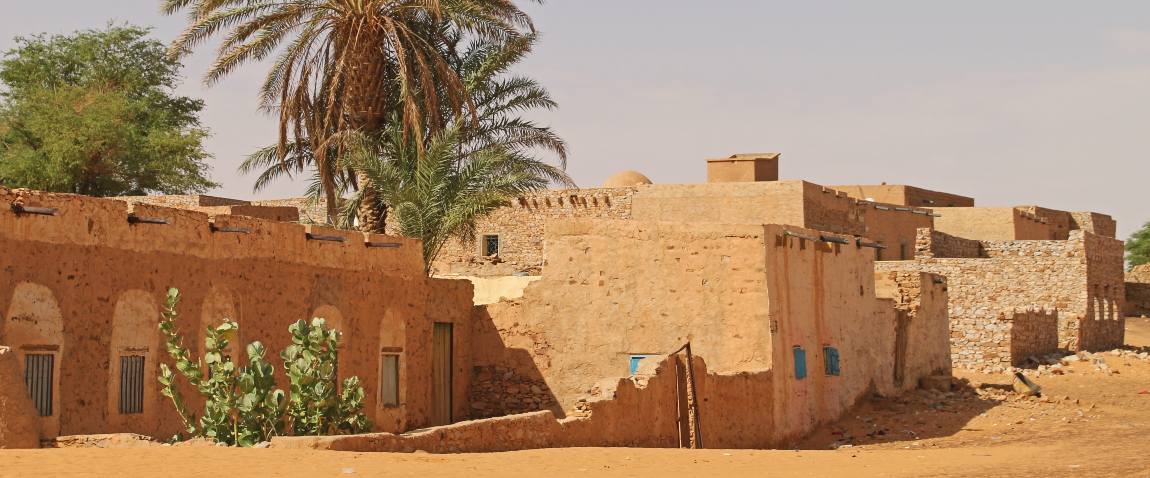
Despite its desolation, there are exciting places. Yes, I dare you to introduce some sights of Mauritania. For example, one of the longest trains in the world, which carry iron ore is 2.5 kilometres long and has 200 wagons, each of which takes about 90 tons of ore. It transports it from the mines of Zuerat to the port of Nouadhibou. And the funny thing is that the locals use this train as a means of transportation, as nothing has happened. Although now there are even a few passenger coaches attached to it. Most go from provincial small towns and villages to the major central cities of the country. And, if you suddenly want to ride with the breeze on a freight train, watching the stars (which may be more romantic), know that will receive you with open arms. Just get ready that in the morning all the dirty iron dust will settle on your clothes, so take a shift.
Another attraction - the ancient city of Chinguetti. This ancient city, founded in the 8th century, was at that time the most important cultural and educational centre. Everywhere many schools taught astronomy, mathematics, medicine, law and other sciences. Ancient Muslim pilgrims stayed in this city on their way to Mecca. Now the streets of Chinguetti are not protected by anyone. Moreover, the ruthless and ubiquitous sand of the Sahara covers more and more houses every year. Therefore, the opportunity to walk freely here soon may not be.
10. Mauritania and slavery

Another striking, but never ceases to be a fact: Mauritania and slavery. Up to now, there is a slave-holding system. Although, maybe, in fact, it is not as scary as this phrase describes. Slavery on this land lasted more than one millennium, eventually developing into an established tradition. That is why, when the whole of Europe officially abolished the transformation of people into slaves and slave traders, Mauritania was not going to abandon this system for about 200 years. In 1981, the president signed a decree to abolish the slave system in Mauritania, but no one was in a hurry to punish this crime. And only in 2007, the country's authorities still criminalized this activity. And although life has become freer, Mauritania does not leave society altogether to eradicate slavery. According to various sources, about 20% of the Mauritanian population do not have any rights. People are sold on the market as a commodity, sometimes even for a nominal price. And after that, they serve their master, doing hard work at home and home, and girls become concubines for wealthy owners. The saddest thing is that slavery in Mauritania is not perceived as something wrong and out of the ordinary. Slaves themselves consider it their duty to serve their masters. For them, it is a kind of tradition, honouring old customs and paying tribute to ancestors.
Well, travel to Mauritania. After reading many different blogs and articles on the subject, you will have a very different opinion. Someone writes that it is impossible to live in the country - everywhere there is destruction, desert, garbage, poverty. And this person, in general, will be right. Due to its geological features, Mauritania on the map is not the most favourable and fertile land. However, in the blog of another traveller, you can read that not everything is so critical. Despite everything, people live, do not complain. Most of them are kind, responsive individuals. Iron ore is mined in large quantities in the country, and recently, an oil deposit was discovered. So, perhaps, shortly, the development of extraction of these resources in cooperation with Western countries will significantly improve the economic situation in the country. And where Mauritania is now, there will be a beautiful, prosperous city in the future. And now, good luck to you adventurers and always be extremely careful.
Get your visa with one click
Ready to get visa assistance without waste time?



